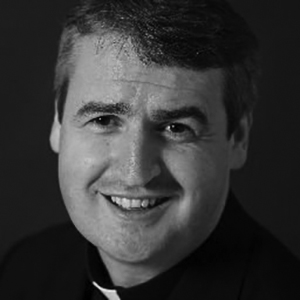
To understand Pope Francis, one might do well to begin with his papal motto, Miserando atque eligendo (“having mercy and choosing”), which is borrowed from a commentary on the Gospels—specifically, the story of Jesus calling Matthew, the tax collector, to be his disciple.
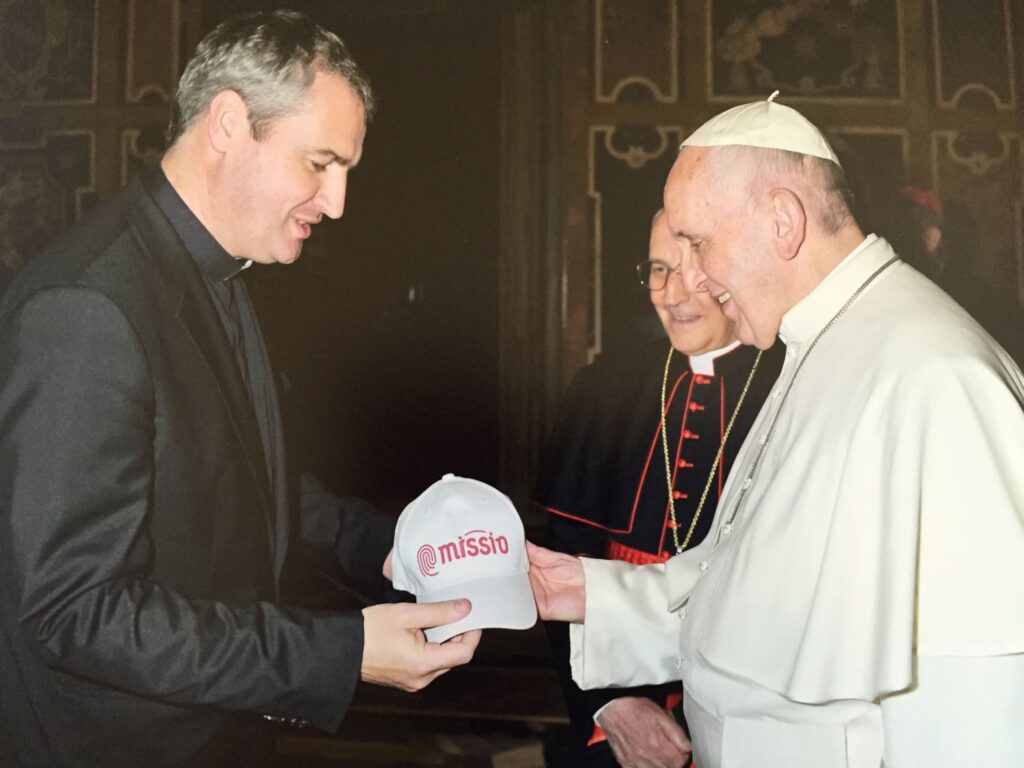
Matthew was a finance professional of his time. While Jewish, he operated in the milieu of the conquering Roman Empire in collecting taxes from the people. Matthew might have convinced himself that he was performing a valuable financial service for his community. But Jesus himself does not shy away from calling Matthew a “sinner.” Jesus’ command to Matthew to “follow him” was scandalous precisely because tax collectors had an awful reputation and were known for cheating their co-religionists out of their money.
Two thousand years later, the finance profession is held in no greater esteem—and not without reason. Ethics has been emphasized by regulatory bodies, trade groups, and professional organizations over the years, but that still hasn’t completely disabused investors of the notion that finance professionals are making a free buck at their expense. Increasingly aware that their trusted financial advisor was first and foremost a salesperson, retail investors have started to push for flat-fee arrangements, and the fiduciary rule appears set to expand in the near future.
There is a wholesome push now to build up a partnership between investor and advisor, and to do what’s right within the world of finance to help build up trust between parties. Not coincidentally, there is a similar push to do what’s right in the investments themselves. Responsible investing, broadly considered, is an effort to extend ethical principles into the very decision of what investments to pursue. Responsible investing can take on any number of forms, from negative screens to impact investing, but the goal is the same: consistency between one’s beliefs and one’s portfolio, and consequently to build up a relationship of trust between the investor and society at large.
Yet today, the disconnect between markets and the real economy could not be more pronounced. Since 2009, markets have had their longest bull run in history, but the benefits have not been shared equally. By many measures of inequality, society has regressed. Low interest rates, while they might benefit the wealthy risk-taker, only indirectly benefit the hourly-wage employee with barely enough money to pay for food, rent, and child care. With very few assets to post as collateral and with risky credit profiles, the poor would be lucky to have access to cheap loans or lines of credit. Meanwhile, they earn little interest on any money they do manage to save.
Even today, despite 40 million people out of work due to the COVID-19 pandemic, the S&P 500 has quickly rallied from its pandemic lows. While one might easily argue that the stock market is definitely not the entire economy, a perspective informed by the Christian faith would find this discrepancy grating on the conscience. How is it that those with assets continue to benefit while tens of millions are struggling more than ever?
Investing is rarely associated with justice or mercy, and therein lies the problem. If each economic activity is a moral one, no investment is value-neutral. Pope Benedict summarized Pope John Paul II’s teaching on the subject in this way: “Investment always has moral, as well as economic significance.” Pope Francis put it this way: “Each meaningful economic decision made in one part of the world has repercussions everywhere else.” The difficulty of assessing such impacts does not excuse unethical investing, but only underscores the need for great honesty and transparency from businesses and—just as one example—the valuable work that many ESG ratings agencies are currently undertaking.
Francis explains that it is possible to direct our modern sophistication and technology toward an investment program that is inherently merciful. Like Jesus in the Gospel, finance professionals must also “choose and show mercy.” Billions of people depend on a healthy economy, a well-functioning financial system, and a society that is inclusive—in other words, one that advances human development. Everyone benefits when our financial system, from top to bottom, reflects a merciful, person-centric approach. This ultimately requires a concerted effort from all industry participants to build such a system, in a partnership between finance professionals and stakeholders.
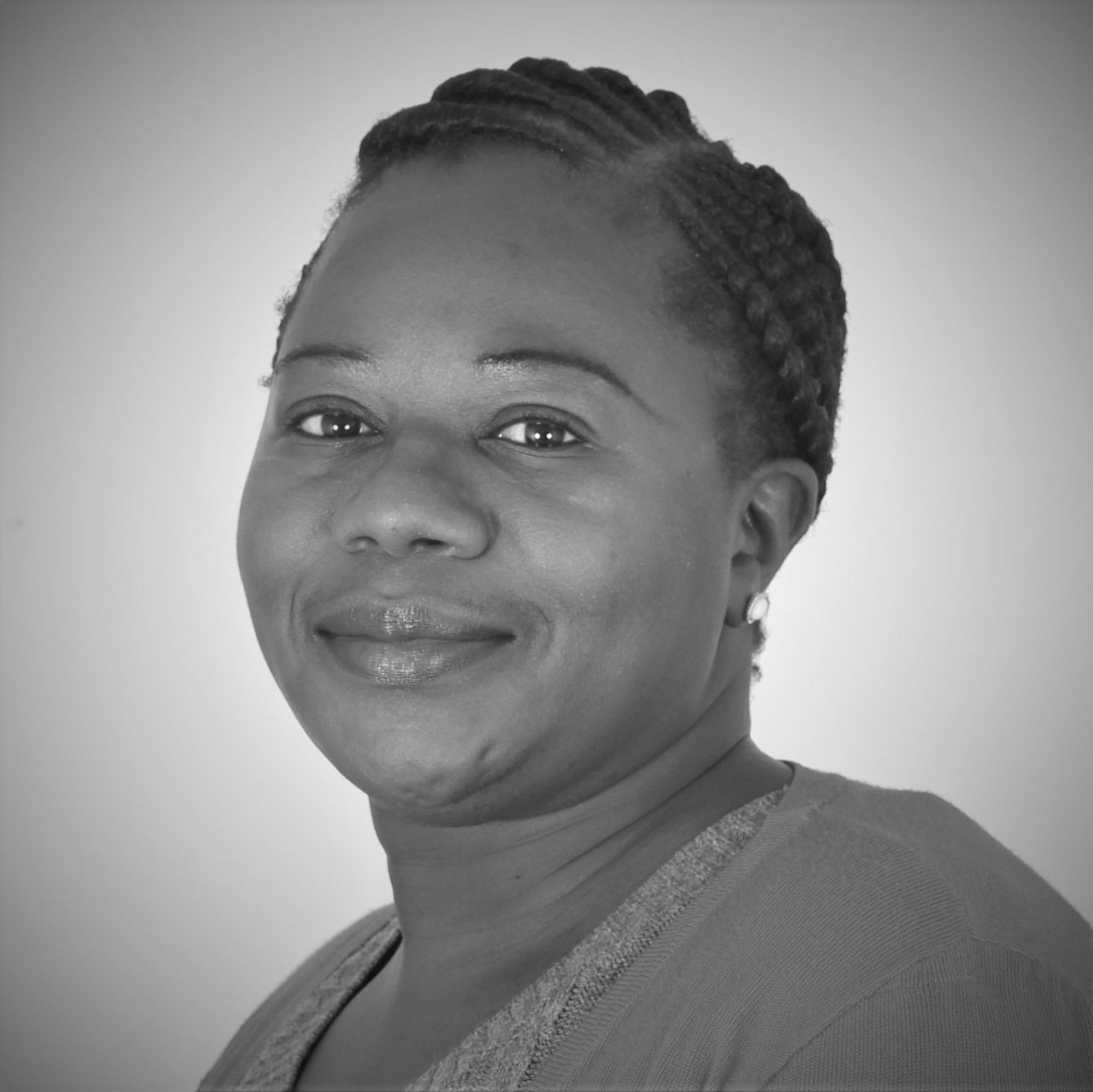
Development projects generally require the investor to map out the terms, based on experience and lessons draw from similar initiatives in the past. Experience and global best practices are necessary, of course, in determining the type of financing, the duration of your commitment, the risk management strategy, and the exit plan.
Inevitably, however, a challenge occurs that is very local in nature. When this happens the local project leaders are likely to be the most knowledgeable about what to do. This could be a challenge from weather disruption, local cultural influences — or, as happened most recently, a pandemic that, though global, has had unique repercussions in every corner of the world.
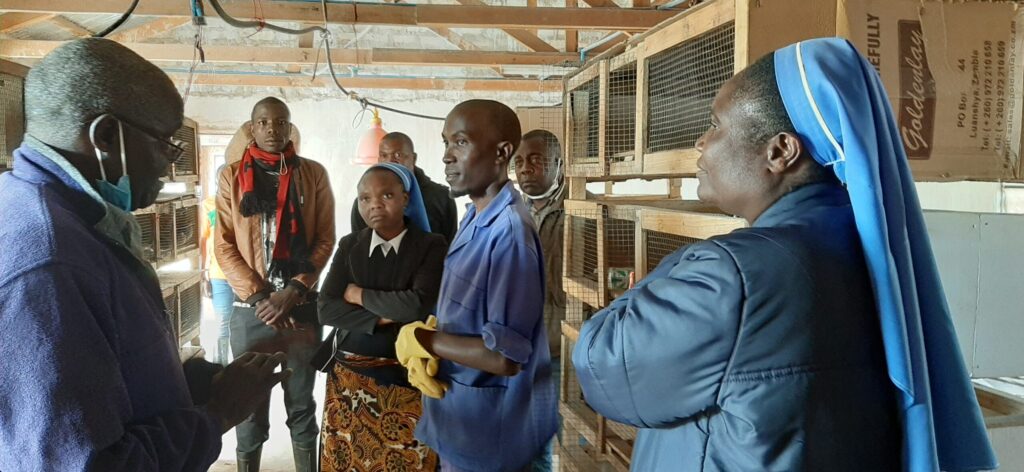
Missio Invest offered special grants to all of its investees to help in the COVID crisis, but investees decided on how to put the funds to use. The SCJ Farms committee discussed how they might mitigate the losses they faced from having to continue feeding their live chickens while losing income from the sales to schools. The plan they came up with was to use the funds to invest in more refrigerators which would allow them to get chickens to market at a slower pace. It turned out that they were able to sell the chickens at a better price than they had been getting when they sold them live.
This is an emergency plan that requires the kind of first-hand knowledge that only a local partner can provide. An investor who is seeking to provide transformative change — rather than just transactional capital — can’t expect to effect such changes from behind a desk in a faraway urban financial center. It’s the day-to-day decision making by those on the ground that ultimately determines the impact and the success of the project.
The Marist Brothers Farm (MBF) in Dedza, Malawi, faced another issue when the pandemic struck: they were about to bring in a harvest, but workers were not showing up due to fear of the virus. For some, there was a stigma attached to farm work, due to local rumors that cattle, pigs, poultry and other farm animals were carriers of the coronavirus. To bring in the workers they needed, the MBF needed to educate the community about how the disease is spread, increase wages as an incentive, and introduce dual shifts.
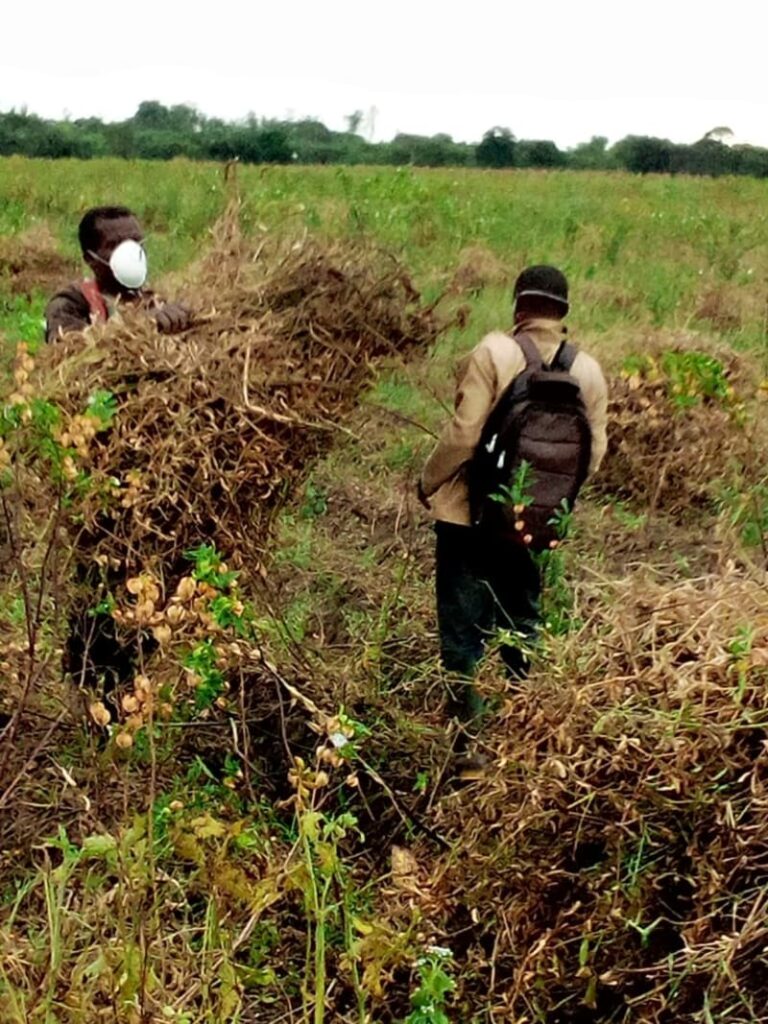
We recognize at Missio Invest that we can’t afford to write off our investments to local disruptions or a global health crisis. Nor does a strategy that works in one place necessarily work everywhere else. So we have to rely on our local partners to help determine how to solve problems head-on. At the same time, working with local partners this way is critical to maximizing the impact and bringing on transformative change. As we see it, when we combine our capital and technical training with the investees’ knowledge of what their communities most need, our investees gain the skills and resources they need to be resilient over the long term.

Missio Invest currently has a loan portfolio including 28 Catholic Church owned and operated agriculture small and medium enterprises (SMEs) across 5 countries (Nigeria, Uganda, Kenya, Malawi, and Zambia). As the COVID-19 outbreak incrementally spread through Africa in March 2020, it became clear that a proactive, and rapid, approach to reducing the impact of COVID-19 on essential business activities, and related social services (schools, health facilities, elderly care centers, etc.) of existing loan recipients was critical to support. We, therefore, conducted rapid assessments amongst loan recipients and Catholic Church counterparts in each country and quickly implemented the following actions with the intention of supplying a rapid lifeline to these local businesses.

1. Our immediate response
Moratorium on loan payments As of April 1st, each loan recipient has been given access to an option of a moratorium on all principal and interest payments through January 2021.
2. Quick injection of emergency COVID-19 grants to SMEs
Via its fund sponsor, Missio.org, and the broader Catholic community, Missio Invest raised a small COVID-19 Emergency Response Fund. Each loan recipient has access to up to $15,000 for a business support and social services grant to help each SME maintain essential operations (job retention, harvesting, food storage upgrades, etc.) and also provide health and nutrition support in neighboring communities (protective gear, washing stations, food for at-risk groups, health clinic upgrades, etc.) as we weather this pandemic together.
3. Continuing to make investments
Instead of postponing our investment cycle to wait and see what will happen with COVID-19 in Africa, we feel these are precisely the moments in which we must continue to support local business activity and make investments for the long-term. Investment evaluation continues and we plan to make at least another 8-10 investments before the end of Q2 while adding investments in two new countries, Tanzania and Ghana, as well.
Leveraging the existing delivery system of the Catholic Church
What we have learned during the initial weeks of the COVID-19 outbreak is that a quick response is critical. This initial period when government lockdowns come into effect and market activity diminishes is when African SMEs have an intense resource gap and must make decisions on maintaining business activity that supports livelihoods and sustains local economic activity. This is where the Catholic Church network is strong and has provided an ideal delivery system given its unparalleled presence across its 550 Dioceses in Africa. Bank accounts are already accessible and lifeline support to essential businesses and their related social services can be executed within only a few business days in many cases.